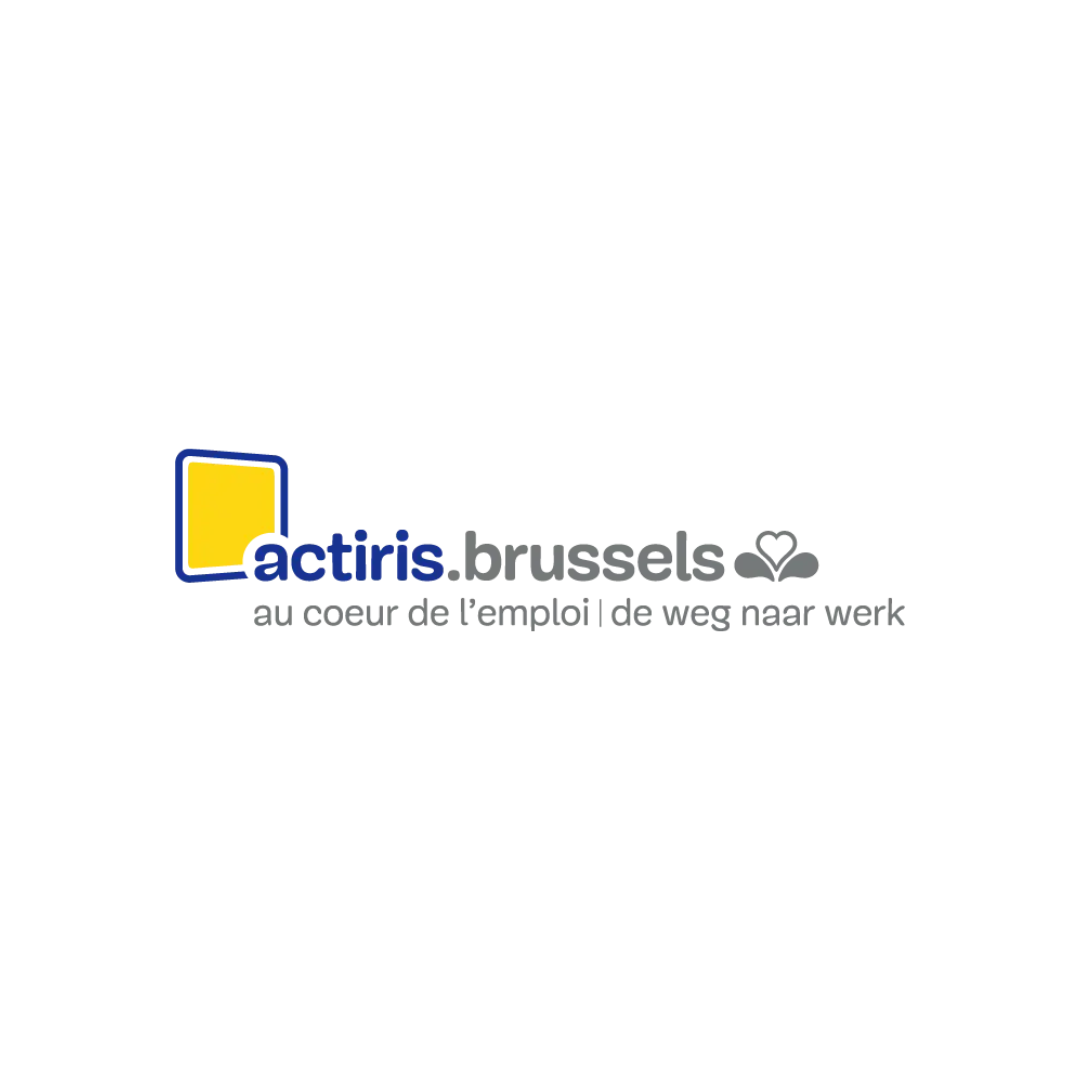We work on more than 300 projects every year.

Assessment of the active availability control procedure, and by extension adapted availability control procedure
Marie Antoine
The challenge
With more than 80,000 jobseekers (2024), Actiris is challenged by the evaluation of their actual availability on the labour market. Yet the stakes are high: social justice and equal treatment and better socio-professional integration of job seekers.
The process & results
In order to carry out this evaluation, IDEA Consult carried out an analysis based on both quantitative and qualitative data.
Firstly, IDEA used the data provided by the Service of DISPO for the years 2018 to 2022 and carried out in-depth statistical analyses as well as a cohort analysis to track the careers of the same jobseekers over several years.
Secondly, on the qualitative side, IDEA has put in place a complex system to capture all the facets of the issue of jobseekers’ availability and its evaluation.
IDEA conducted semi-structured interviews with key people involved in the system, interviews with jobseekers, a focus group with assessors from the DISPO Service, and a group interview with the Comité en charge des recours. Finally, IDEA also carried out two non-participant observations to gain a better understanding of the procedure in vivo.
The evaluation led to the identification of eight findings relating to the evaluation, the difficulties encountered and their origins, all supported by both qualitative and quantitative data.
At the end of the evaluation, IDEA proposed a series of recommendations to improve and streamline the procedure for checking the availability of jobseekers, while ensuring that the social issues associated with this complex matter are taken into account.

